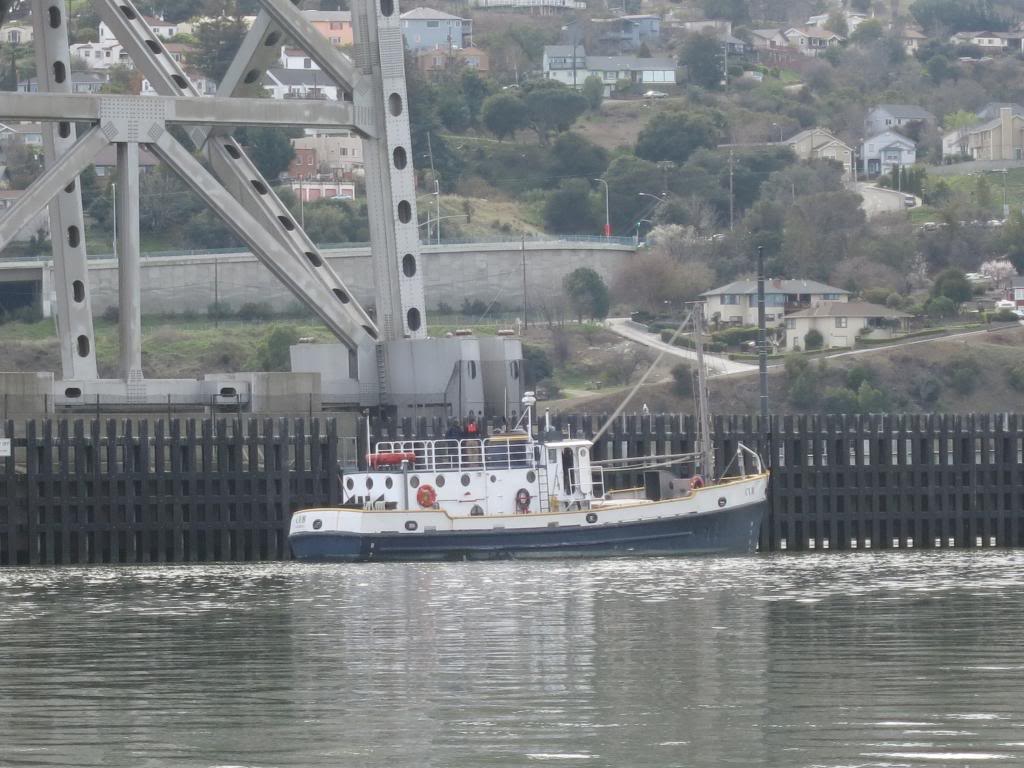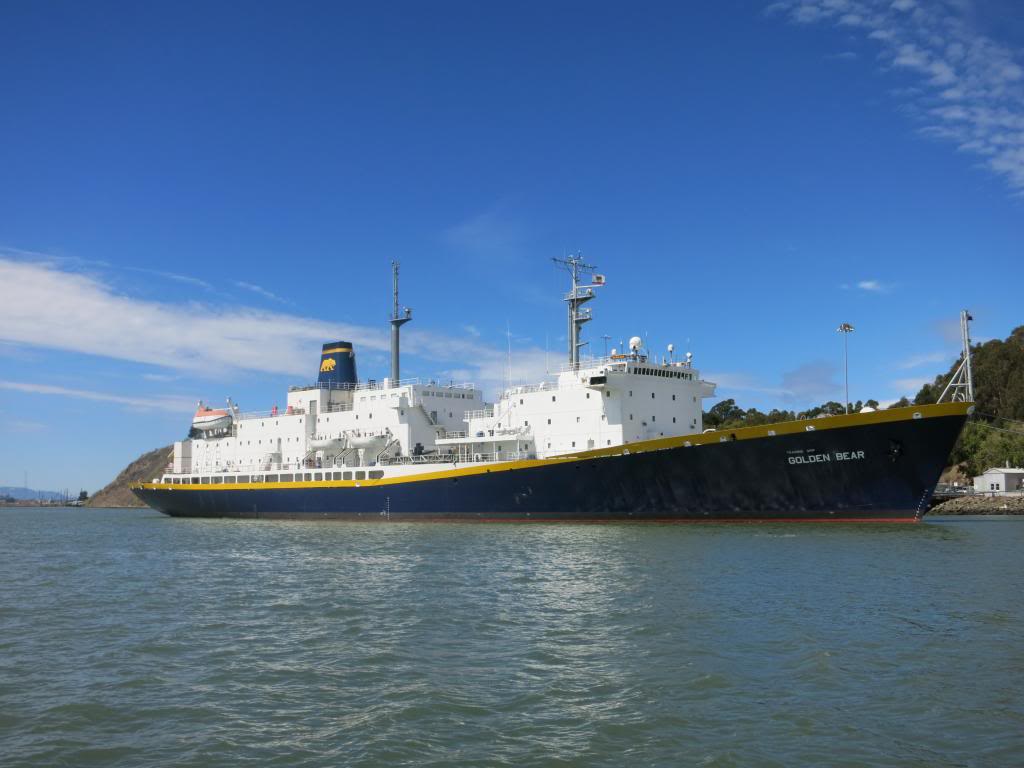That is a good list. Some I have seen but not some of the others.
Thanks,
Dan
Scott, the Navy does in fact take people off the street, and put them in charge of a bridge. Some of the best naval officers have come from the midwest and plains states. Adm. Frank Kelso was from Columbia, TN.
I have a close friend that taught ship handling at the Naval Academy. He took me down to the wall where they would practice docking the 80' training vessels. There were many chunks of concrete missing from the seawall. He said that no matter how much class room training when you put guys with little practical boating experience in charge things could go wrong quickly. Of course, the ship handler does not touch the throttle, gears, or wheel. They would stand behind, and give orders. It could be a very humbling experience for them. He said that it did serve to take some cockiness out of some of them.
Before they hit the "real world" though and actually become OOD qualified...the average Navy Ensign blows just about every boater I know out of the water in every category but small boat handling. Most of the exceptions I would say are some of the people right here and some other forums...absolutely the top tier cruisers out there have enormous experience. But I'm saying most boaters are not the top tier guys/gals.
No...the guy running a navy ship is not "just off the street"...the average academy grad has 4 years of exposure to boat/shiphandling and then hundreds of hands on hours training on the bridge...far more intense than any USCG Captains school.
Comparing a Navy OOD to some kid still in the Academy practicing is like comparing one of us to the guy with his first over 18 foot "Clorox bottle" and getting some training from the brokerage.
No where did I say that they were anything close to an OOD of an active Navy ship. He said they had to start somewhere, and the first missteps were important to their development. They either mastered it or washed out. They usually became fine ship handlers. However, from an old army guy that saw the classes "step off" on a march, they were sloppy marchers.
........ It's also to make some think about how they discuss some maintenance issues. ABYC standards are set for boats that cross oceans or puddles yet are the same. Shouldn't it be for captains too? Of course not ...so the same can be said for some of the contested discussions on how things "must" be done to be done correctly....
Advanced training:
Week with captain practicing docking mostly in Anacortes
Week with captain practicing many things on west coast of Florida
Senior Navigator Power Squadron (all courses)
50 ton captain's license.
Bob Smith's engine maintenance course
Sailboat racing with guys who thought Captain Blyth was a softie
Taught both classroom and hands on boating courses for last 10 years
Krogen Rendezvous courses over 15 years
Advanced training:
Week with captain practicing docking mostly in Anacortes
Week with captain practicing many things on west coast of Florida
...
Can you mention which schools/captains you used either in PM or on this thread?
Later,
Dan


Originally decided not to mention the operations because it was so long ago (actually last century). In Florida, Southwest Florida Yacht Charters, In Anacordes is was Anacordes Yacht Charters.
For comic relief the first time I ever docked a Krogen 42 without a captain aboard, the boat that was sharing the slip was Nordhavn's "First Forty" just delivered. Go big or go home.
I'm curious to the amount of training many "Cruisers" seek beyond the first couple of hours offered when buying a boat and meeting state safety requirements.
Ok, you are hired......even though you are overqualified ..... With you we are going to break with our tradition of hiring unqualified boobs.... Welcome aboard....oh yeah...we pay on the unqualified boob scale....sorry...
Wifey B: How do you decide if boobs are qualified or not? Is it by feel or looks or size or shape? Oh, silly me. I took it literally.....
Wifey B: How do you decide if boobs are qualified or not? Is it by feel or looks or size or shape? ...

